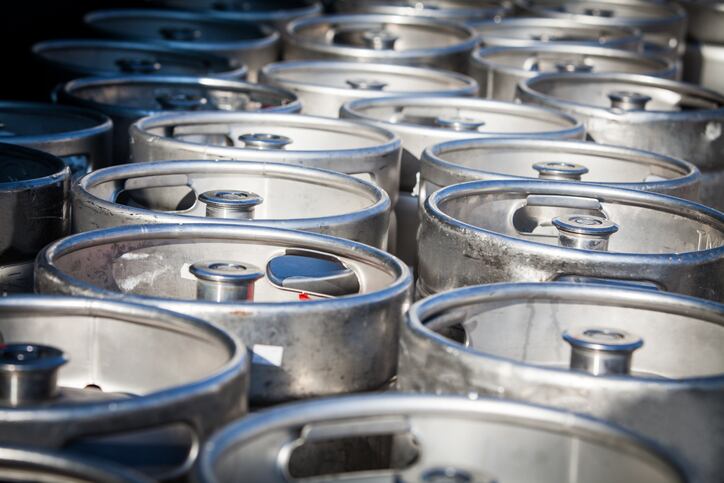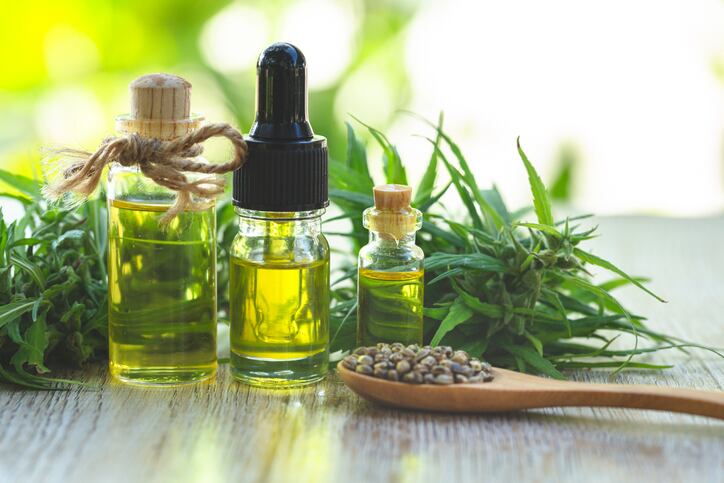A total of seven million pints have been recycled since May 2020. Old beer is used to power brewing kettles and canning pasteurisers through biogas, a renewable and sustainable green energy. This is the equivalent of the power needed to heat around 28,000 homes for a day.
Spitfire engines and a bit of Merlin's magic...
The UK’s pubs, bars and restaurants remain closed: and The British Beer and Pub Association (BBPA) predicts that around 87 million pints will have been thrown away as a result of closures during COVID-19 lockdowns over the last year. This equates to around £331m ($459m) worth of beer.
Heineken, however, has found a way to turn old beer into green energy to power brewing kettles and canning pasteurisers.
The first step is to put keg filling machines into reverse to empty thousands of kegs of old beer: a process which Heineken says it is the first to do.
The next step is to embrace a piece of kit akin to that which powered Britain’s Spitfire fighter planes in WW2.
“Having successfully found a way to reverse the kegging line, the next stage of the innovative solution is all down to an innocuous looking shipping container which houses an incredibly powerful piece of kit,” explains Heineken UK.
“Its proper name is a combined heat and power unit (CHP) which converts the biogas into heat and electricity, but it’s affectionately known as ‘Merlin’ because it contains a whopping 27 litre V12 engine – the equivalent of a Merlin engine which powered the world-famous Spitfire plane. The biogas is also converted into heat in the site steam boilers utilising state of the equipment.
“The thousands of full kegs, which couldn’t be sent to pubs because of the lockdown, are emptied and the beer is stored in empty brewing vessels before being drip-fed into the site’s waste water treatment plant (WWTP). It’s then put into the anaerobic digester at the WWTP which converts the alcohol in the beer into biogas. The biogas, which is 100% sustainable and renewable, is then used to supplement the energy the site needs to brew beer and pasteurise and cans.”
The WWTP has been operating at full capacity processing the equivalent of 70,000 litres of beer a day. Since May 2020, the brewery has processed 83,210 fifty litre kegs which is the equivalent to 6,989,640 pints.
Preparing for reopenings
England went into its second lockdown in November 2020; while the current roadmap out of lockdown for the country looks at the potential of reopening of cafes, bars and restaurants with outdoor seating in April.*
Matt Callan, Brewery and Operations Director at Heineken, said: “After all the care, attention and passion that went into brewing the beer in the first place, it would have been a great shame to pour it down the drain – no brewer wants to see their beer not be enjoyed. Our team of engineers and brewers at Manchester found a solution – using our kegging line to empty beer barrels and turning the beer that would have gone to waste into green energy to power the brewing of fresh beer, all ready for when the pubs re-open.
“We’re always looking to find new innovative ways to brew a better world, and this solution is a win-win for drinkers and reducing our impact on the planet.”
Earlier this month, Heineken UK announced the trial of 1.4 million 'ultra low carbon bottles'. The bottles use up to 100% recycled glass and are made with low carbon biofueld instead of high carbon natural gas.
Last year, the brewer also introduced the Green Grip cardboard topper on cans of beer and cider to eliminate the need for plastic rings.
* England, Scotland, Wales and Northern Ireland each set their own rules and roadmaps out of lockdown.




